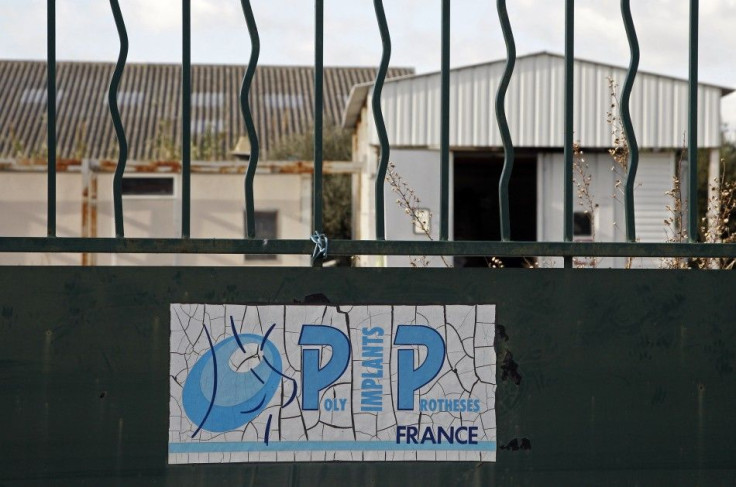Venezuela Offers Free Removal of PIP Breast Implants

CARACAS (Reuters) - Venezuela is offering women the free removal of breast implants made by a bankrupt French company that used industrial silicone to make cheap prostheses linked to health risks.
The implants were made by the now defunct Poly Implant Prothese (PIP) and appear to have had an unusually high rupture rate, prompting the authorities in France to urge women to have them removed.
Tens of thousands of the implants were used in Latin America, where demand for cosmetic procedures is high, and fear and anger at the situation is growing.
Venezuela's Health Minister Eugenia Sader said on Tuesday that patients could go to hospitals for a check-up and have the implants removed for free if they wished. The prostheses would not be replaced, however.
She told state news agency AVN that a large number of PIP implants entered Venezuela illegally, putting patients at risk.
There was not, at any moment, official authorization. They were brought in illegally, and now those patients are running a risk, she said.
France has been investigating possible links to cancer from the gel used in PIP implants but has found no evidence so far.
Reinaldo Kube, president-elect of the Ibero-American Federation of Plastic Surgery, which groups 23 countries, said much of the coverage of the issue had been ill-informed.
There's a lot of sensationalism and unscientific news, for example that they cause cancer, and that's not been proved, he told Reuters. It is desire to speculate and to scare people.
Kube said that between 30,000 and 35,000 prostheses of all brands were used each year in Venezuela, where implants are so popular they are sometimes given to girls by their parents as a 15th birthday gift, or offered as prizes in raffles.
He said more than 15 brands were used in the country, but that PIP implants had been banned for about a year.
Those PIP implants were not exactly the bestsellers ... . However, I myself have implanted some and up to now I have not had patients with problems, he said.
We are recommending that women see their doctor, whether you have symptoms or not, and they will definitively determine their condition.
(Editing by Xavier Briand)
© Copyright Thomson Reuters 2024. All rights reserved.












